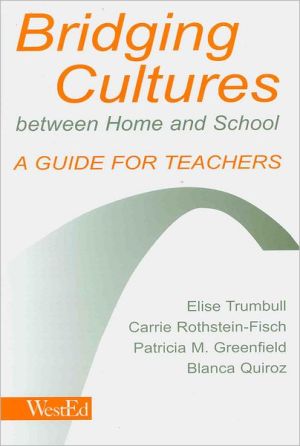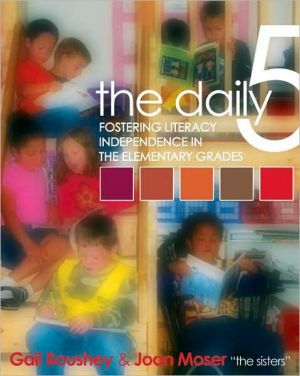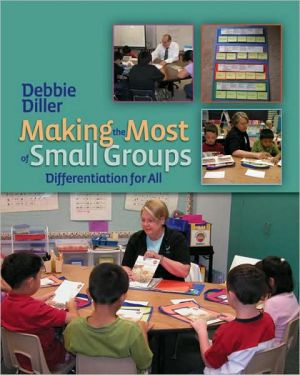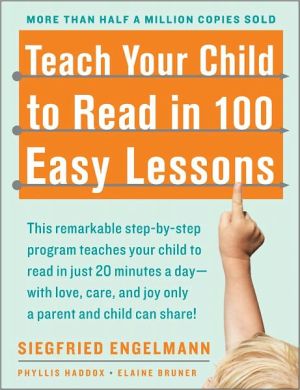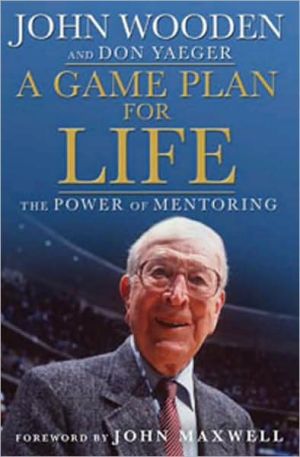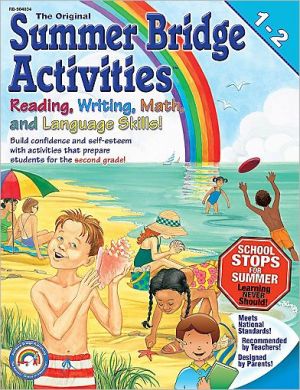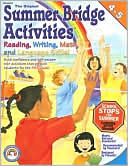Bridging Cultures Between Home and School: A Guide for Teachers with Special Focus on Immigrant Latino Families
Bridging Cultures Between Home and School: A Guide for Teachers is intended to stimulate broad thinking about how to meet the challenges of education in a pluralistic society. It is a powerful resource for in-service and preservice multicultural education and professional development. The Guide presents a framework for understanding differences and conflicts that arise in situations where school culture is more individualistic than the value system of the home. It shares what researchers and...
Search in google:
Bridging Cultures Between Home and School: A Guide for Teachers is intended to stimulate broad thinking about how to meet the challenges of education in a pluralistic society. It is a powerful resource for in-service and preservice multicultural education and professional development. The Guide presents a framework for understanding differences and conflicts that arise in situations where school culture is more individualistic than the value system of the home. It shares what researchers and teachers of the Bridging Cultures Project have learned from the experimentation of teacher-researchers in their own classrooms of largely immigrant Latino students and explores other research on promoting improved home-school relationships across cultures. The framework leads to specific suggestions for supporting teachers to cross-cultural communication; organization parent-teacher conferences that work; use strategies that increase parent involvement in schooling; increase their skills as researchers; and employ ethnographic techniques to learn about home cultures. Although the research underlying the Bridging Cultures Project and this Guide focuses on immigrant Latino families, since this is the primary population with which the framework was originally used, it is a potent tool for learning about other cultures as well because many face similar discrepancies between their own more collectivistic approaches to childrearing and schooling and the more individualistic approach of the dominant culture. Booknews In this guide to teacher inservice/preservice education for responding to increasing student diversity, California educators present a framework for bridging school and parent values (e.g., individualism vs. collectivism), and developing teachers as collaborative action researchers. Annotation c. Book News, Inc., Portland, OR (booknews.com)
PrefacexiiiResponding to the Increase in Classroom DiversityxiiiIntroducing a Framework for Understanding CulturexvA Truly Useful Theoretical FrameworkxviThe Bridging Cultures ProjectxviiOrganization of the GuidexixA Few Words about TerminologyxxAcknowledgmentsxxi1.The Bridging Cultures Framework1But First, What Is Culture?1The Power of the Bridging Cultures Framework2Limitations of a Single Model for Child Development2The Dynamic Nature of Culture3Individualism and Collectivism4Further Contrasts between Individualism and Collectivism9Different Orientations, Different Outcomes13Individualism and Collectivism in Collision14Relationship to Other Frameworks for Understanding Cultures21Strands of Multicultural Education23Conclusion262.Parent Involvement: Recommended but Not Always Successful29"Minority" Parent Involvement32Parent-School Partnerships: Responsibilities of Parents and Schools33Factors Influencing Parent Participation43Questioning Assumptions47Looking beyond Demographics to Interpersonal Processes48Finding Common Ground between Home and School523.The Cross-Cultural Parent-Teacher Conference55What Is a Cross-Cultural Parent-Teacher Conference?56The Tradition of Parent-Teacher Conferences57Research on Cross-Cultural Parent-Teacher Conferences58Culture and Communication in the Parent-Teacher Conference59Using Cultural Knowledge to Enhance Communication63Improving Parent-Teacher Conferences66Putting the Parent-Teacher Conference in Proper Perspective724.Learning What Works75Understanding Parents' Points of View78Evaluating the Messages That Schools Send80Being More Conscious of the Messages Sent81Developing Closer Personal Relationships with Families81Extending Opportunities for Parent-Teacher Interaction83Promoting Bicultural Proficiency875.Teachers as Researchers91Action Research92Inquiry and Reflection: Two Intertwined Elements in Action Research94Teachers as Researchers in the Bridging Cultures Project96Collaborative Action Research97Ethnographic Inquiry103Teacher Research as Professional Development113How Successful Has Collaborative Action Research Been in the Bridging Cultures Project?118A Hope and a Touch of Reality1226.Conclusion: The Challenge of Coming Together127The Need for Cultural Knowledge128Update: What's Happening Now?130How Does Bridging Cultures Fit into the Big Picture of School Reform?130What's to Be Gained?132AppendixThe Bridging Cultures Project in Brief137Background and Purpose137The People138Phase IProcedures138Workshop Outcomes141Phase IIChanges in Teachers' Roles142Documenting Teacher Change143Powerful Examples Make the Framework Come Alive144References145Author Index159Subject Index167
\ BooknewsIn this guide to teacher inservice/preservice education for responding to increasing student diversity, California educators present a framework for bridging school and parent values (e.g., individualism vs. collectivism), and developing teachers as collaborative action researchers. Annotation c. Book News, Inc., Portland, OR (booknews.com)\ \
